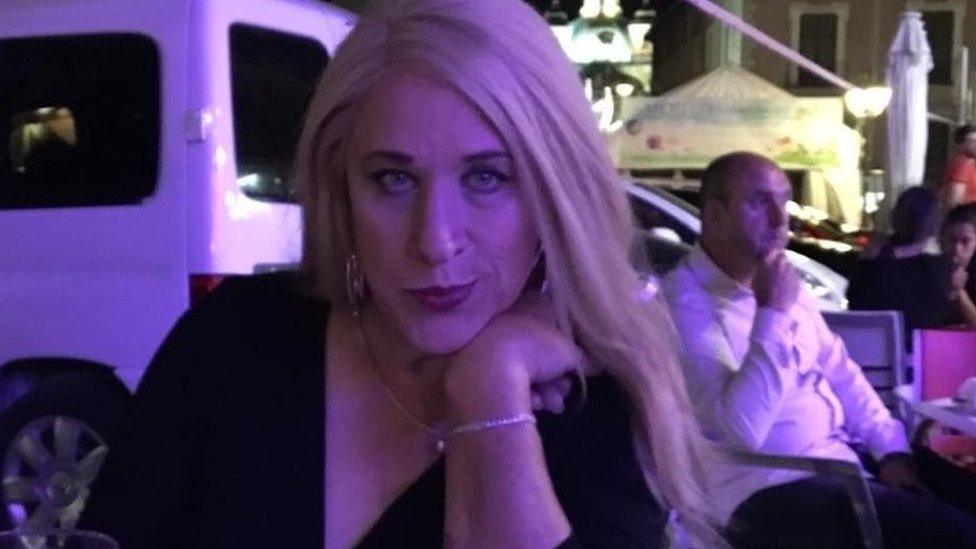Supreme Court drops landmark transgender school bathroom case
- Published
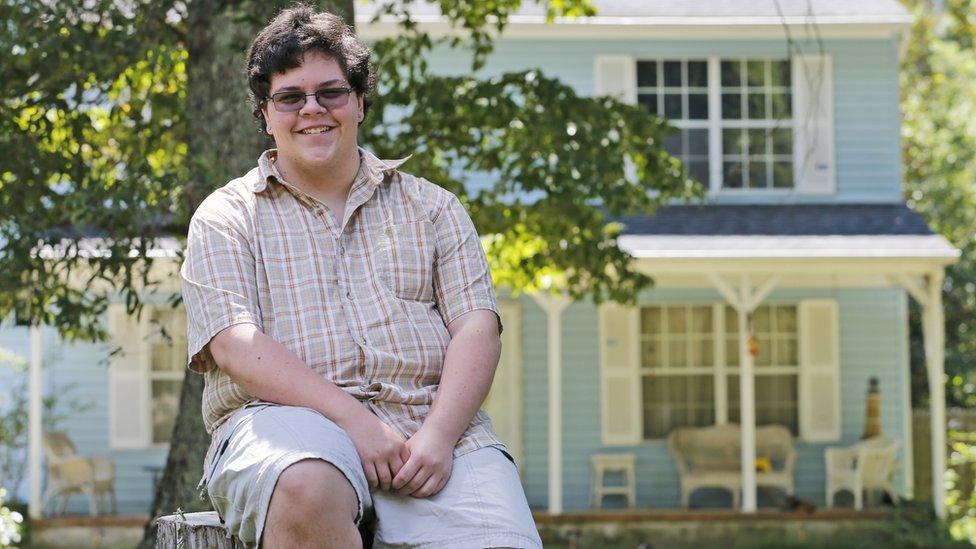
Gavin Grimm, 17, was born female but identifies as male
The US Supreme Court has reversed its decision to hear a landmark case on transgender bathroom rights.
Gavin Grimm, who was born female but identifies as male, sued his school board over their policy which prevented him from using male facilities.
The Supreme Court had scheduled for a hearing on 28 March.
However, it has now sent the case back to a lower court after Donald Trump's administration issued new policy guidance relevant to the case.
The US Court of Appeals for the 4th Circuit originally ruled in Mr Grimm's favour in April last year.
It deferred to then-president Barack Obama's directive on the issue - which said that federal law banning sex discrimination in public schools extended to protecting transgender bathroom rights.
The supreme justices later accepted a petition from Gloucester County, Virginia, to hear an appeal - in what would have been the first Supreme Court ruling on transgender rights.
However, in late February, Donald Trump's administration overturned the guidelines laid down by President Obama.
Mr Trump's new guidance allows individual states to decide what bathroom facilities students may or may not use.
In light of the change in circumstances, the Supreme Court decided to return the case to the lower appeals court to reassess its decision.
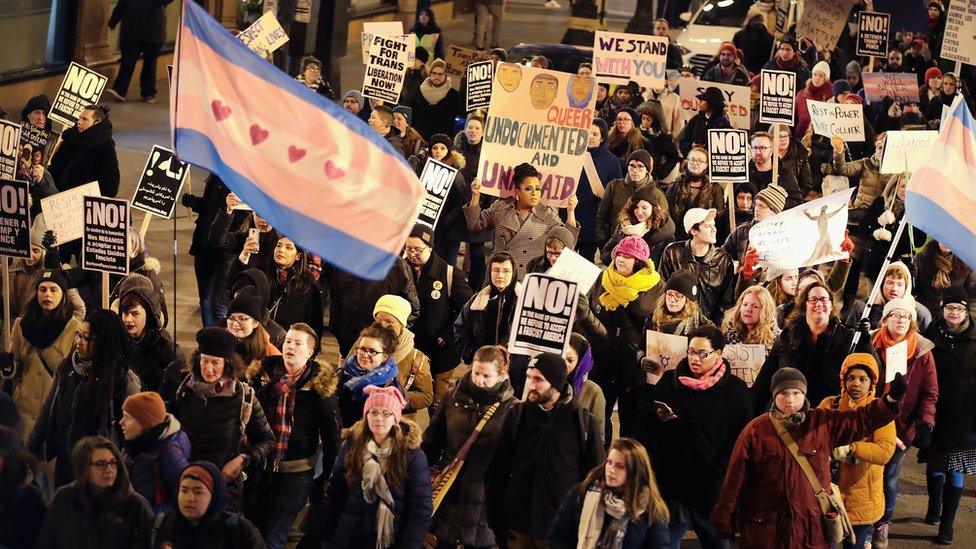
Mr Trump's decision to reverse transgender rights protections was met with protest in Chicago at the weekend
A lawyer for the American Civil Liberties Union representing Mr Grimm maintained that Title IX - the legislation Mr Obama decided should protect transgender bathroom rights - still applied.
"Nothing about today's action changes the meaning of the law," Joshua Block said.
"While we're disappointed that the Supreme Court will not be hearing Gavin's case this term, the overwhelming level of support shown for Gavin and trans students by people across the country throughout this process shows that the American people have already moved in the right direction and that the rights of trans people cannot be ignored.
"This is a detour, not the end of the road."
The Supreme Court is petitioned to hear more than 7,000 cases in an average year, but usually considers about 80.
Gavin Grimm is now unlikely to have his case resolved by the Supreme Court before graduation. However, there are several other pending cases in other states about the application of Title IX to transgender bathroom rights.
If one of them makes it to a hearing at the country's highest court, it would set a precedent for all future disputes on the issue.
- Published28 October 2016
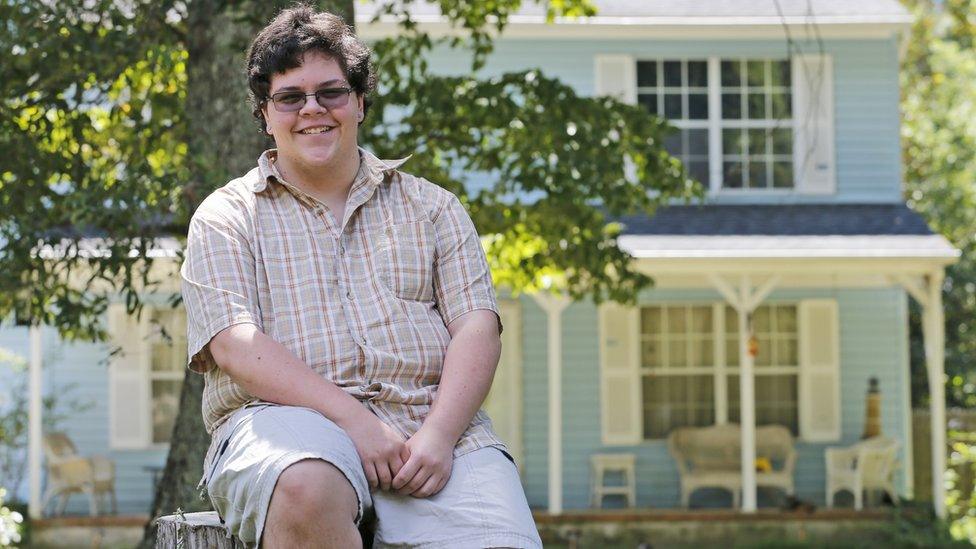
- Published23 February 2017
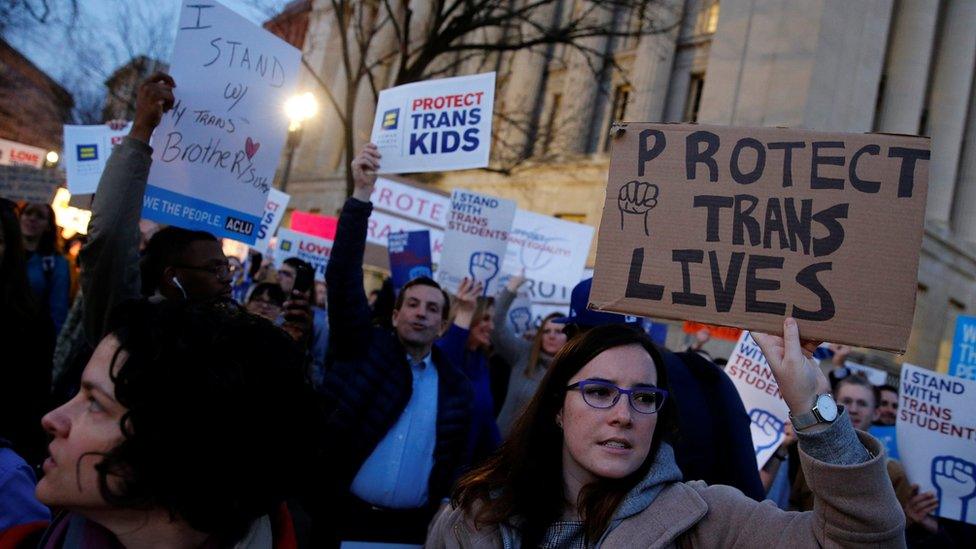
- Published8 June 2016
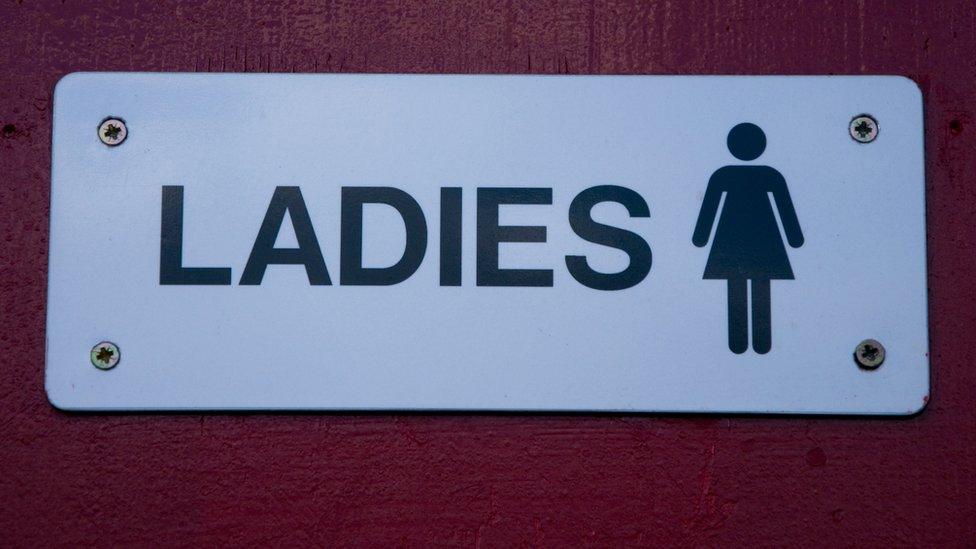
- Published6 January 2017
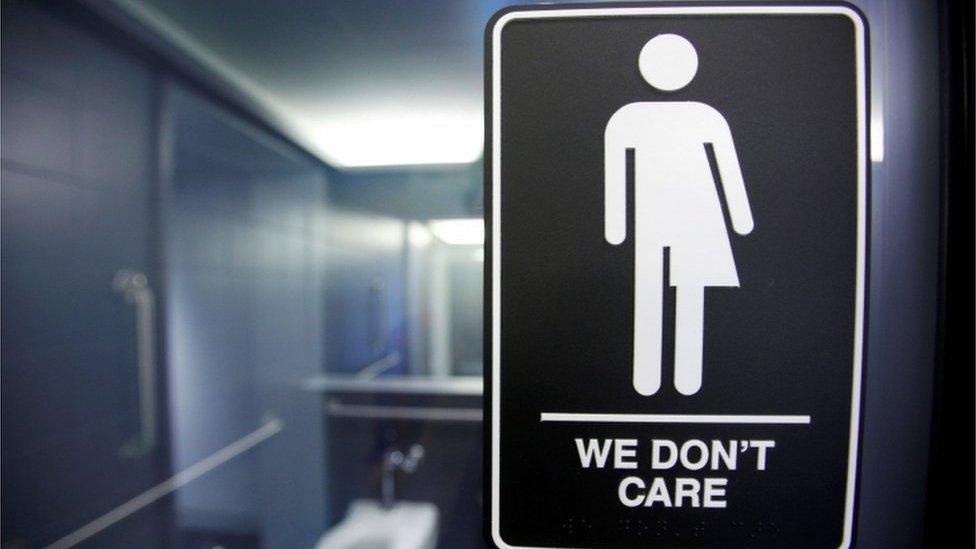
- Published3 March 2017
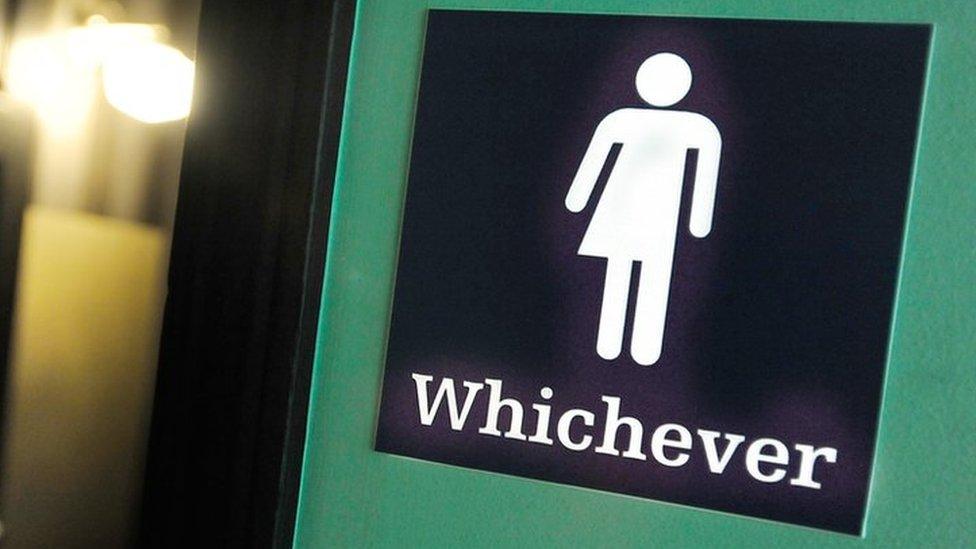
- Published1 February 2017
